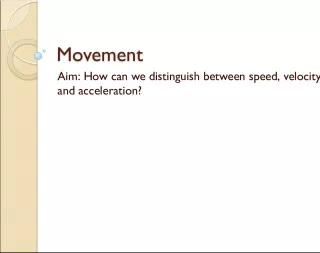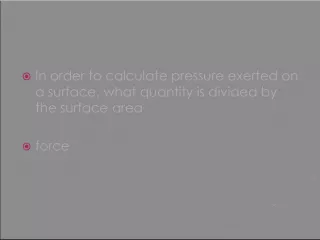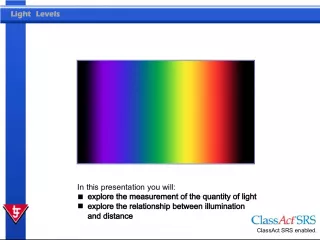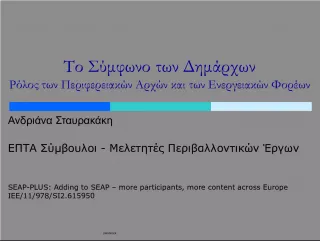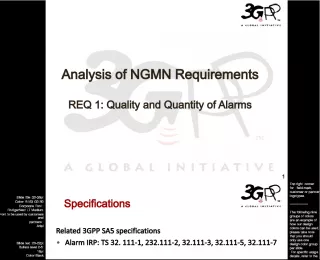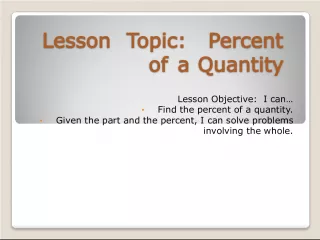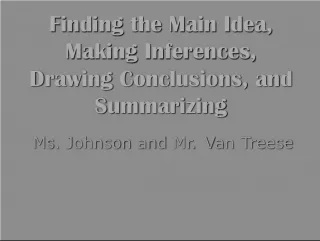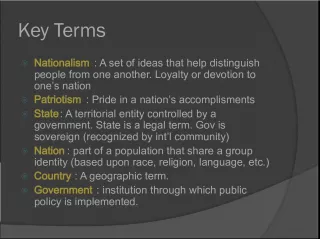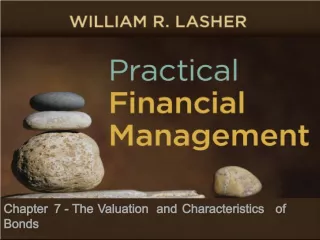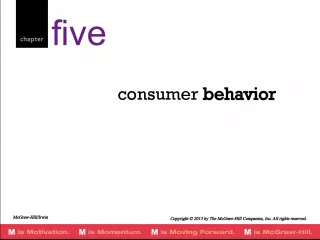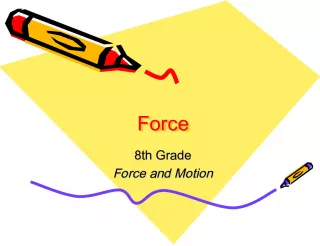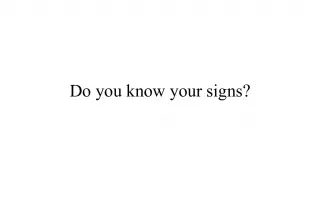Understanding the Maxim of Quantity in Linguistics
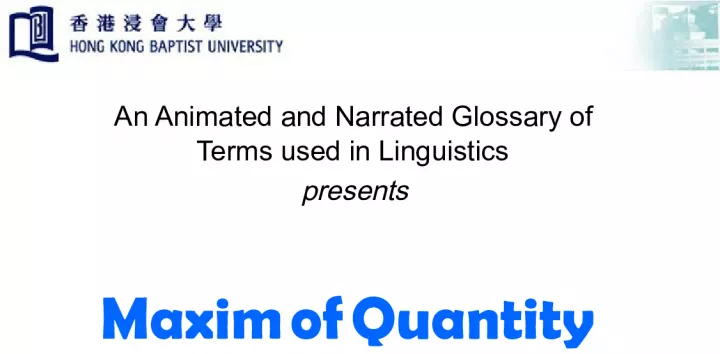

This animated and narrated glossary explains the Maxim of Quantity, one of the four conversational maxims studied in linguistics. The goal is to provide a clear understanding of the concept and its relevance to communication.
- Uploaded on | 4 Views
-
 caliwhite
caliwhite
About Understanding the Maxim of Quantity in Linguistics
PowerPoint presentation about 'Understanding the Maxim of Quantity in Linguistics'. This presentation describes the topic on This animated and narrated glossary explains the Maxim of Quantity, one of the four conversational maxims studied in linguistics. The goal is to provide a clear understanding of the concept and its relevance to communication.. The key topics included in this slideshow are Maxim of Quantity, linguistics, Cooperative Principle, conversational behavior, information exchange,. Download this presentation absolutely free.
Presentation Transcript
1. Maxim of Quantity An Animated and Narrated Glossary of Terms used in Linguistics presents
2. Slide 2 Definition When engaged in conversation, the Maxim of Quantity requires you to 1. Make your contribution as informative as is required (for the purpose of the exchanges). 2. Do not make your contribution more informative than is required. H.P. Grice (1975) H.P. Grice
3. Slide 3 Basic Idea The Maxim of Quantity relates to the amount of information provided in conversations . It is one of the four conversational maxims that make up the Cooperative Principle . Grice proposes this maxim as an explanation for a certain kind of regularity in conversational behavior with respect to the amount of information provided in each turn of a conversation.
4. Slide 4 Example 1 Given the purpose of the conversation, the man contributes only as much information as is required. not excessive like its 9:30 at night, Greenwich Mean Time, 20 May 2009, Not inadequate like, its night time. Do you have the time? Yes, its 9:30. One finds this normal. Why? Because the Maxim is observed
5. Slide 5 Example 2 Liz, can I have Johns number? Yes . Despite her positive answer, we find Lizs behavior weird. Why? Because the Maxim is violated. Less information is provided than is required.
6. Slide 6 Flouting a Maxim Liz, can I have Johns number? Yes . In a case such as this, one might infer that Liz doesnt have the number with her and will supply it later. Because we do not expect the Maxim to be violated, the apparent violation must be motivated. WHY? Deliberate and apparent violation of maxims is called flouting .
7. Implicatures Liz, can I have Johns number? Yes . Inferences obtained from flouting of maxims are called implicatures . Liz may be implicating that Y our love rival is near, Ill tell you later OR I really dont want to give it to you because John doesnt like you; he likes me Note: Implicatures do not have to be necessarily true, since the inferences are guessed at rather than derived by formal logic.
8. The End Wee, Lian-Hee and Winnie H.Y. Cheung (2009) An animated and narrated glossary of terms used in Linguistics . Hong Kong Baptist University.

